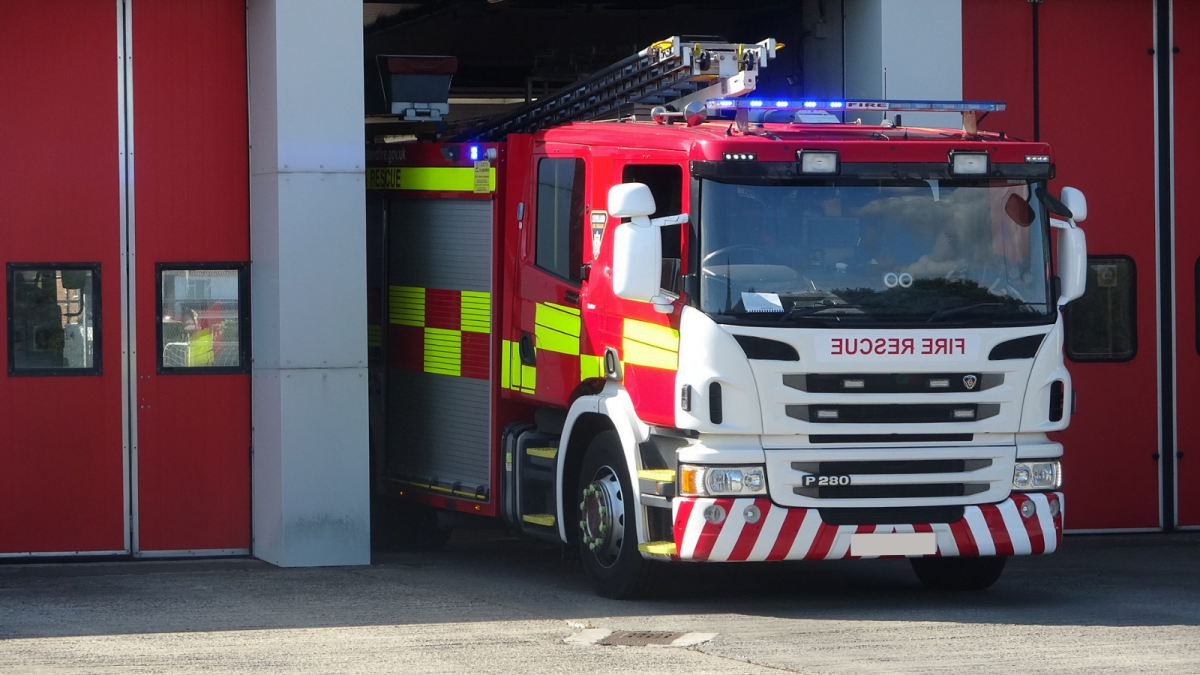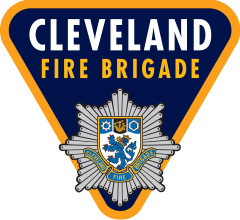
Following an 189% increase in the number of incidents involving Automatic Fire Alarms (AFAs) attended, Cleveland Fire Brigade is calling for people to take extra care to avoid unwanted alarm activations and costly callouts.
Between the 1st and 6th October 2023, the Brigade saw 52 AFAs recorded, a staggering 189% rise from the previous year where there were 18 recorded.
Whilst AFAs help keep premises and their occupants safe by providing an early warning of a possible fire and enabling evacuation, the vast majority of signals from automatic fire alarms are not actual fires. When a fire alarm goes off, as a result of anything other than a real fire, this is considered to be an unwanted fire signal.
The Brigade attempts to filter AFA calls in their control room so that they only mobilise their fire engines to those incidents that they cannot confirm are false alarms. Statistics show between April 2023 and September 2023 the cost of attending 601 AFAs was around £400,000.
Attending incidents where there is an unwanted fire signal not only ties up resources and delays crews from attending real life incidents where lives may be at risk, but it also may result in formal action being taken by Cleveland Fire Authority, including recovery of our costs for attending the premises if the problem is persistent.
Joe Flounders, Head of Protection at Cleveland Fire Brigade said: “Fire detection and alarm systems activate as a result of either an increase in heat or the presence of smoke. Unfortunately, they also react to things such as steam, vapes, aerosol sprays and cooking fumes. Many of these AFA false activations occur within high rise buildings and sheltered accommodation and can be reduced or prevented by residents by following a few simple steps.”
To prevent unwanted false alarms, follow some of the steps below to stop them from happening in your premises:
- Whilst cooking use an extractor fan and ensure doors are closed between designated cooking areas so detector heads can further prevent false alarms.
- Do not leave toasters unattended and, if required, close doors and open windows to prevent actuation of a detector. The use of toasters should be restricted to designated areas.
- Ensure there is adequate ventilation in the shower room and keep doors to outer rooms closed.
- Smoking or vaping should only be allowed in designated locations protected by appropriate detectors, i.e., which are designed to be suitable for the risk whilst not being susceptible to actuation from cigarette or vape smoke.
- Where possible, you should prevent the use of aerosols in the vicinity of fire alarm detector heads. If this cannot be avoided, use of alternative products should be considered.
Visit our website for more information on unwanted fire signals.




